Farmers across the globe rely on efficient irrigation systems to optimize crop yield and maintain sustainable farming practices. At the heart of any productive irrigation system lies the farm pump. Choosing the right pump is crucial for farmers to effectively and economically utilize water resources, and ultimately, boost their agricultural operations. In this article, we will provide valuable insights and tips on selecting the perfect farm pump for your specific requirements. 1. Assess Your Water Source: Understanding your water source is the first step towards selecting a suitable farm pump. Consider factors such as the water volume needed, water depth, source type (lake, river, well), and the distance the water needs to travel. Assessing these variables will help determine the pump’s specifications, including pressure capacity, flow rate, and size.
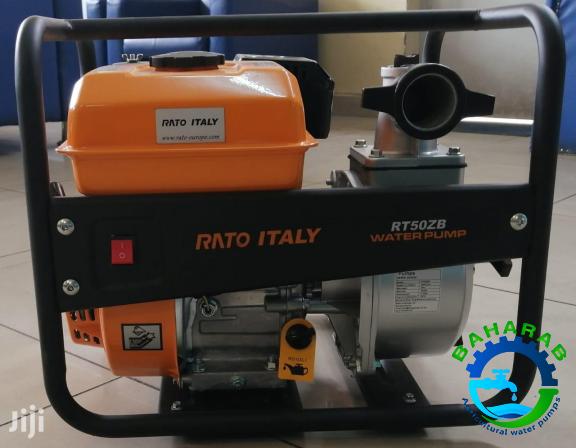
.
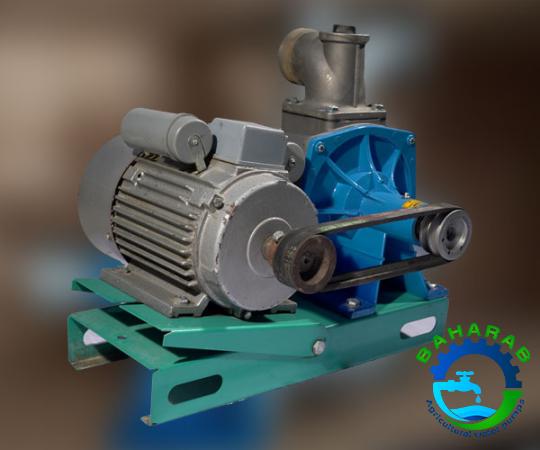 2. Determine the Pump Type: Farm pumps come in various types, including centrifugal pumps, submersible pumps, jet pumps, and turbine pumps. Each type has its own set of advantages and limitations, making it important to match the pump type with your specific needs. For instance, submersible pumps are great for wells or boreholes, while centrifugal pumps are better suited for pulling water from a nearby water source. 3. Factor in Power Supply and Fuel Options: Consider the accessibility of the power source on your farm. If electricity is readily available, electric pumps may be an ideal option, as they are generally more efficient and cost-effective in the long run. Alternatively, if a power source is limited or unreliable, you may need to explore pumps that operate on diesel, gasoline, or even solar energy. 4. Evaluate Pump Efficiency: Energy efficiency plays a vital role in minimizing operating costs and maximizing productivity.
2. Determine the Pump Type: Farm pumps come in various types, including centrifugal pumps, submersible pumps, jet pumps, and turbine pumps. Each type has its own set of advantages and limitations, making it important to match the pump type with your specific needs. For instance, submersible pumps are great for wells or boreholes, while centrifugal pumps are better suited for pulling water from a nearby water source. 3. Factor in Power Supply and Fuel Options: Consider the accessibility of the power source on your farm. If electricity is readily available, electric pumps may be an ideal option, as they are generally more efficient and cost-effective in the long run. Alternatively, if a power source is limited or unreliable, you may need to explore pumps that operate on diesel, gasoline, or even solar energy. 4. Evaluate Pump Efficiency: Energy efficiency plays a vital role in minimizing operating costs and maximizing productivity.
..
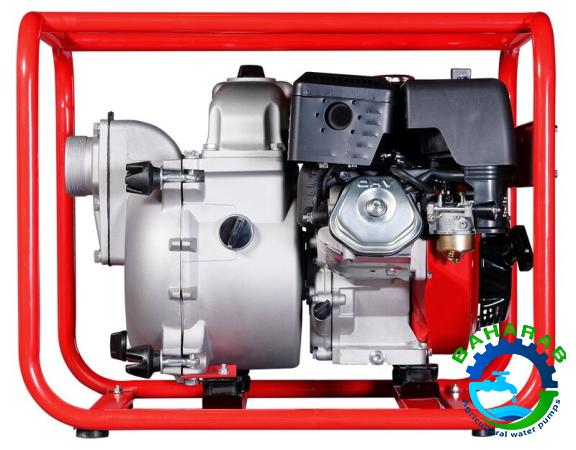 Look for pumps with high hydraulic efficiency, as they can provide better water distribution while minimizing energy wastage. Energy-efficient pumps can significantly reduce long-term electricity or fuel costs, making them a smart investment for any farm. 5. Consider Maintenance and Durability: Farming equipment is subject to heavy wear and tear due to constant use in demanding environments. Choose a pump made from durable materials, preferably corrosion-resistant, to ensure longevity and minimize maintenance requirements. Additionally, select a pump with easily accessible parts to simplify repairs and reduce downtime during critical farming seasons. 6. Seek Expert Advice: Don’t hesitate to consult experts or pump manufacturers who specialize in farm irrigation systems. They can provide valuable insights based on their experience and help you make an informed decision.
Look for pumps with high hydraulic efficiency, as they can provide better water distribution while minimizing energy wastage. Energy-efficient pumps can significantly reduce long-term electricity or fuel costs, making them a smart investment for any farm. 5. Consider Maintenance and Durability: Farming equipment is subject to heavy wear and tear due to constant use in demanding environments. Choose a pump made from durable materials, preferably corrosion-resistant, to ensure longevity and minimize maintenance requirements. Additionally, select a pump with easily accessible parts to simplify repairs and reduce downtime during critical farming seasons. 6. Seek Expert Advice: Don’t hesitate to consult experts or pump manufacturers who specialize in farm irrigation systems. They can provide valuable insights based on their experience and help you make an informed decision.
…
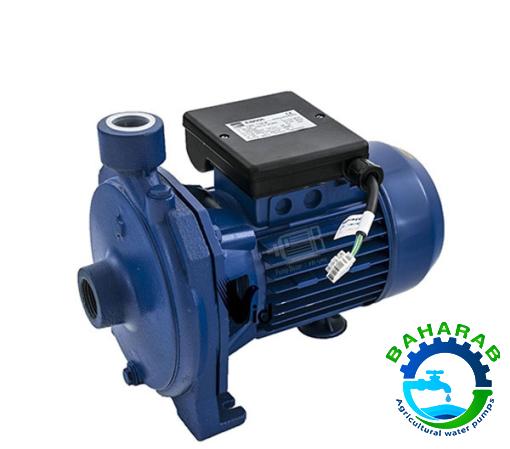 Many manufacturers also offer workshops or training sessions to familiarize farmers with their products, ensuring optimal utilization and performance. Conclusion: Choosing the right farm pump is essential for efficient irrigation systems and sustainable agriculture practices. By assessing your water source, determining the pump type, considering power supply and fuel options, evaluating pump efficiency, and considering maintenance and durability, farmers can make an informed decision. Seeking expert advice further ensures that your chosen farm pump will be a reliable and efficient investment to support your farm’s productivity and growth.
Many manufacturers also offer workshops or training sessions to familiarize farmers with their products, ensuring optimal utilization and performance. Conclusion: Choosing the right farm pump is essential for efficient irrigation systems and sustainable agriculture practices. By assessing your water source, determining the pump type, considering power supply and fuel options, evaluating pump efficiency, and considering maintenance and durability, farmers can make an informed decision. Seeking expert advice further ensures that your chosen farm pump will be a reliable and efficient investment to support your farm’s productivity and growth.
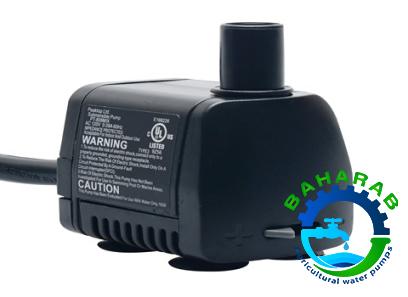
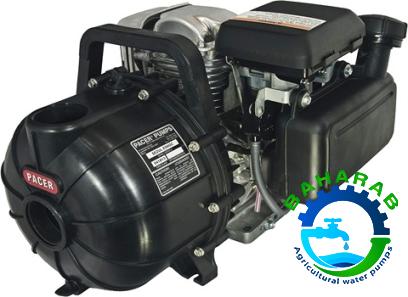
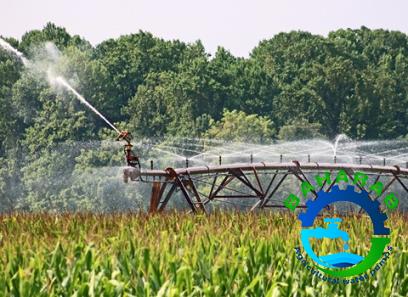
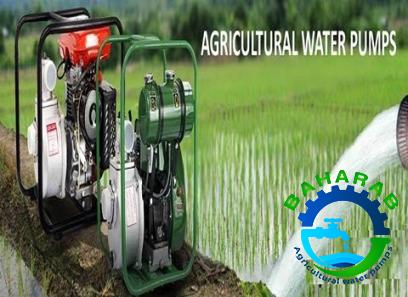
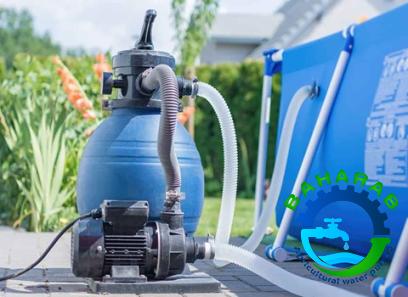
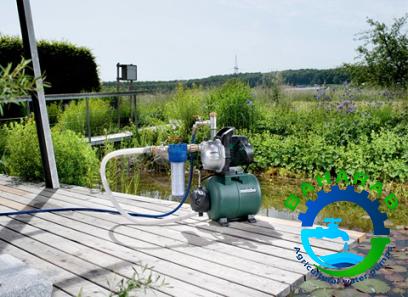
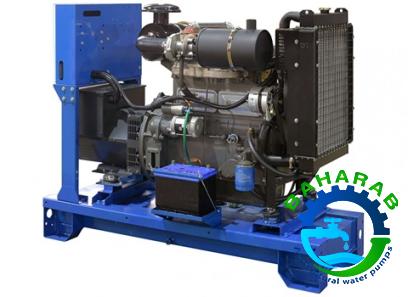
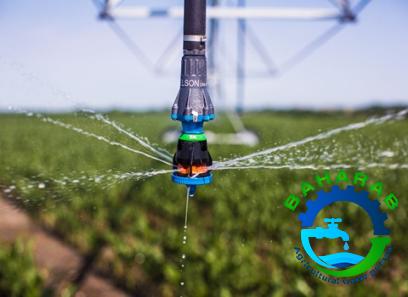
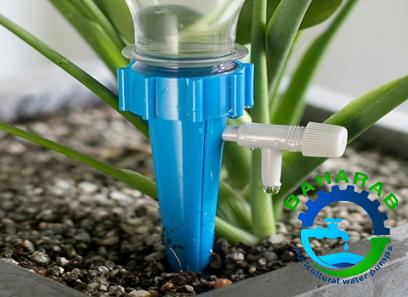
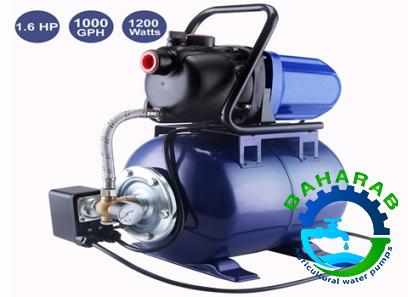
Your comment submitted.